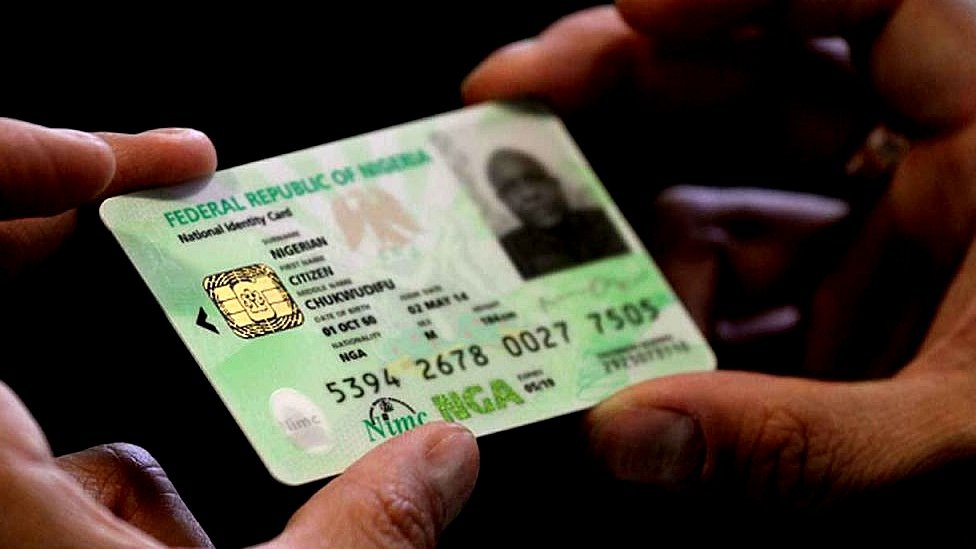Top 10 Tips for Researching an Apostille for National ID Cards
Researching how to obtain apostilles for a national ID card can be a detailed process, particularly when it is required for work, study, or legal procedures abroad. Here are the top 10 tips to guide you through the process:
- Confirm If Apostille is Necessary
- Verify whether the destination country is a member of the Hague Apostille Convention. If it is, an apostille is sufficient for document authentication. Non-member countries may require consular legalization instead.
- Check If the National ID Card Can Be Apostilled
- In many cases, national ID cards themselves cannot be directly apostilled. Instead, a notarized copy of the ID is prepared and then submitted for apostille. Confirm with your local apostille authority if this is the case.
- Notarize the ID Copy First
- Before obtaining an apostille, the national ID card copy typically needs to be notarized by a licensed notary public. The notary confirms that the copy is a true and accurate representation of the original.
- Identify the Correct Apostille Authority
- Determine which government office handles apostilles in your country:
- In the United States, this is usually the Secretary of State in the state where the notary is commissioned.
- In other countries, it may be the Ministry of Foreign Affairs or a designated apostille office.
- Understand Destination Country Requirements
- Research whether the destination country has specific requirements for the apostilled national ID card, such as additional certifications, translations, or specific formats.
- Prepare Certified Translations if Necessary
- If the ID card is not in the official language of the destination country, a certified translation may be required. Confirm if the translation itself also needs to be notarized and apostilled.
- Verify Validity Periods
- Some countries require that apostilled documents be issued within a specific timeframe, such as six months before submission. Ensure your apostilled ID copy meets these timing requirements.
- Understand the Purpose of the Apostille
- For work, study, or legal procedures abroad, an apostilled national ID card is typically used to verify your identity and citizenship. Ensure that this document complements other required paperwork, such as passports or visas.
- Be Aware of Processing Times and Costs
- Research how long the apostille process takes in your jurisdiction and factor in additional time for notarization or mailing. Be aware of associated costs, including notarization, apostille fees, and courier charges if needed.
- Seek Professional Assistance
- If the process seems complex or you are unsure of the requirements, consider consulting an apostille service or legal professional. These experts can guide you through notarization, document preparation, and submission for the apostille.
Bonus Tips:
- Organize Supporting Documents: Ensure you have all necessary supplementary documents, such as your passport, proof of residency, or work/study permits, which may need to be submitted with the apostilled national ID card.
- Check With Relevant Authorities: Contact the embassy, consulate, or institution in the destination country to confirm the exact requirements for using an apostilled national ID card.
By following these tips, you can navigate the apostille process for a national ID card smoothly, ensuring that your document meets the legal requirements for work, study, or legal procedures abroad.
Top 10 Uses for A Birth Certificate Apostille for International Surrogacy
A birth certificate apostille is crucial in international surrogacy arrangements, ensuring that documents are legally recognized across borders. Here are the top 10 uses of birth certificate apostille documents in this context:
- Proving Legal Parentage
- A birth certificate apostille verifies your identity and serves as evidence of your legal status as a parent for inclusion on the child’s birth certificate or in legal custody documents.
- Facilitating Citizenship Applications for the Child
- Many countries require an apostilled birth certificate from the intended parents to establish the child’s eligibility for citizenship under the parents’ nationality.
- Complying with Foreign Legal Requirements
- Countries involved in international surrogacy often mandate apostilled birth certificates as part of the legal framework for validating the surrogacy arrangement and parental rights.
- Supporting Visa Applications
- When applying for a visa to travel for surrogacy-related purposes, an apostilled birth certificate may be needed to establish identity and relationship to the surrogate child.
- Establishing Legal Custody
- In some jurisdictions, the intended parents must provide an apostilled birth certificate to gain legal custody of the child through court orders or administrative processes.
- Securing a Birth Certificate for the Child
- In cases where the local authorities issue a birth certificate for the child, an apostilled birth certificate of the intended parents may be required to register the child’s birth.
- Facilitating Exit Permits
- To bring the child home, many countries require documentation, including apostilled birth certificates of the intended parents, to process exit permits for the child.
- Meeting Embassy or Consulate Requirements
- Embassies and consulates often require an apostilled birth certificate when issuing travel documents, such as emergency passports, for the child born via surrogacy.
- Supporting Legal Challenges
- In case of disputes or legal issues surrounding custody or parental rights, an apostilled birth certificate can serve as critical evidence in court proceedings.
- Establishing Eligibility for Parental Leave or Benefits
- In some countries, an apostilled birth certificate may be required to claim parental leave, health benefits, or other government services related to the surrogacy process.
Additional Considerations:
- Translation Requirements: If the destination country’s language differs from the language on the birth certificate, a certified translation of the apostilled document may be necessary.
- Document Validity: Many countries require that apostilled documents, including birth certificates, be issued within a specific timeframe (e.g., six months) for legal processes.
- Additional Apostilles: Depending on the surrogacy arrangement, other documents, such as marriage certificates or legal agreements, may also need to be apostilled.
By obtaining a birth certificate apostille, you ensure that your parental rights and the child’s legal status are recognized in the international surrogacy process, helping to navigate the complex legal and administrative requirements smoothly.






